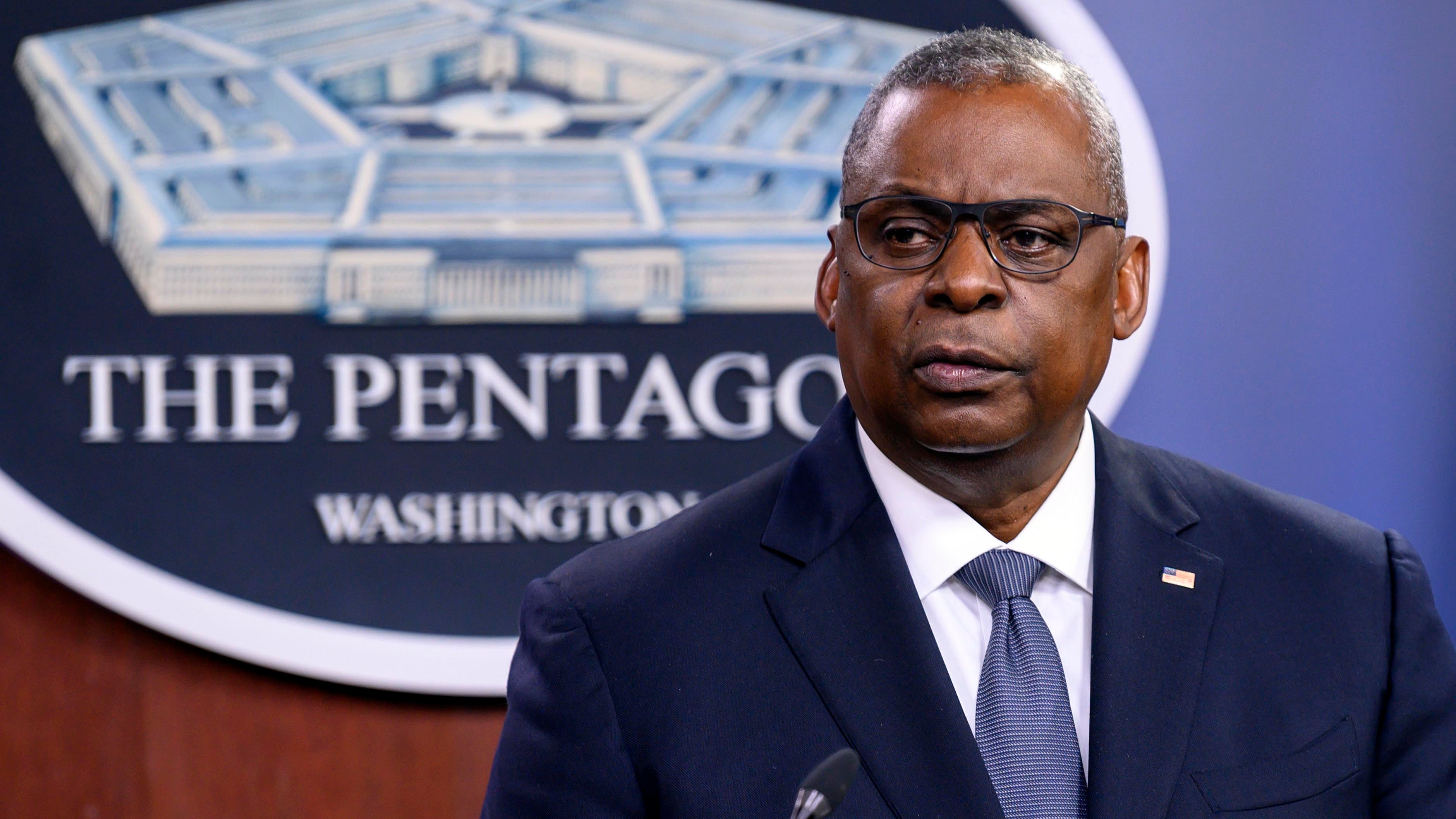Temporary Defense Funding Hurts National Security
Temporary Defense Funding Hurts National Security

Defense Secretary Lloyd Austin expressed concern Dec. 6 over national security programs because of the delay of congressional approval of the fiscal 2022 defense funding bill. He termed the delay “fiscally unsound” and said the only people who would be pleased were the nation’s enemies.
Unable to reach agreement on spending priorities, Congress passed a stopgap spending bill that keeps the government running until midnight on Feb. 18, without allowing increases or the ability to start new programs or dramatically change existing programs. A short-term funding bill has become a regular part of the congressional budget process in recent years as Congress has had bipartisan conflicts in reaching funding decisions. However, many lawmakers are now considering the possibility of leaving the Defense Department and maybe the rest of the federal government under temporary funding until October 2022.
Austin warned in a statement that such inaction would “cause enormous, if not irreparable, damage for a wide range of bipartisan priorities, from defense readiness and modernization, to research and development, to public health.”
A 2.7% military pay raise will still happen on Jan. 1 with only temporary military funding, Austin said, but it comes at the expense of other personnel programs. He mentioned housing allowances, funding for permanent change-of-station moves and recruiting as areas where there could be cuts from what he estimated would be an overall $5 billion reduction in Pentagon operating accounts.
Additionally, more than 100 military construction projects, “many of which directly impact the quality of life of our people,” could be delayed if the government operates under a flat-rate continuing resolution for a full fiscal year.
The federal government has been operating under temporary funding since the Oct. 1 start of the fiscal year. The first continuing resolution was to expire Dec. 3. To avoid a partial government shutdown, Congress passed and President Joe Biden signed a second continuing resolution that expires in February.
Austin said it would be a mistake to extend temporary funding and called for passage of a bipartisan and bicameral agreement for full-year funding. “It is not only the right thing to do, it is the best thing they can do for our nation’s defense,” Austin said in the statement.
Not passing full-year defense funding “would offer comfort to our enemies, disquiet to our allies and unnecessary stress to our workforce,” he said.

